What are white label products?
White labeling is the process of creating generic and standardized products that will be sold to multiple re-sellers or retailers. This generic product can be branded and sold according to your brand. However, the freedom in customization is very limited and is a matter of slight changes such as logos, colors, packaging, or marketing material.
A white label product is typically mass-produced by a manufacturer and sold to retailers and other distributors for them to rebrand and sell to the final customers. This process does not allow any sort of customization in the production process, and the differentiation is completely in the hands of the marketing team of the final brand.
The ideal kind of products do not demand great differentiation or customization to be good or to function a certain way but can be individualized with the package and sold under a brand’s name.
What are the benefits of white label products?
White label products are advantageous for several reasons. Companies can swiftly introduce them to the market, bypassing the lengthy and often costly phases of research and development. This accelerates the time to market and helps businesses react to market trends efficiently. The reduced investment in the initial stages allows for potentially better profit margins, especially for businesses that have strong branding and marketing strategies in place.
Moreover, white label products mitigate the risks associated with product development. Instead of pouring resources into an untested product, businesses can leverage the expertise of manufacturers who specialize in producing certain goods. This also ensures a consistent level of quality, as the product is already tried and tested.
For retailers or resellers, offering white label products can expand their product range, giving their customers more options. This can enhance customer loyalty and position the retailer as a one-stop-shop for various needs.
What is white labeling vs. private labeling?
White label and private label are terms often used interchangeably, but they have distinct differences. As you mentioned, white labeling involves selling a generic product to multiple retailers who then rebrand it. The product remains essentially the same across different brands, with only superficial changes such as packaging, logo, or color.
Private label products, on the other hand, involves a closer collaboration between the manufacturer and the retailer or brand. While the manufacturer still produces the product, there might be certain customizations or variations made specifically for the retailer’s brand. These customizations can be in the formula of the product, its features, or even its overall design. As a result, the final product sold under a private label is exclusive to that particular brand and cannot be found under another brand name.
In summary, while white labeling focuses on superficial rebranding of generic products, private labeling offers a deeper level of product differentiation and exclusivity.
Top 10 White Label products to sell in 2024
1. Tote Bags
With the rise of sustainable living and eco-conscious shopping, tote bags have become an indispensable accessory for many. They not only serve as a fashion statement but also play a critical role in reducing single-use plastics. Tote bags offer a perfect canvas for personal expression and branding, allowing people to showcase their style or advocate for causes they believe in. Their versatility ensures they remain a favorite for shopping, beach trips, and even as everyday bags.
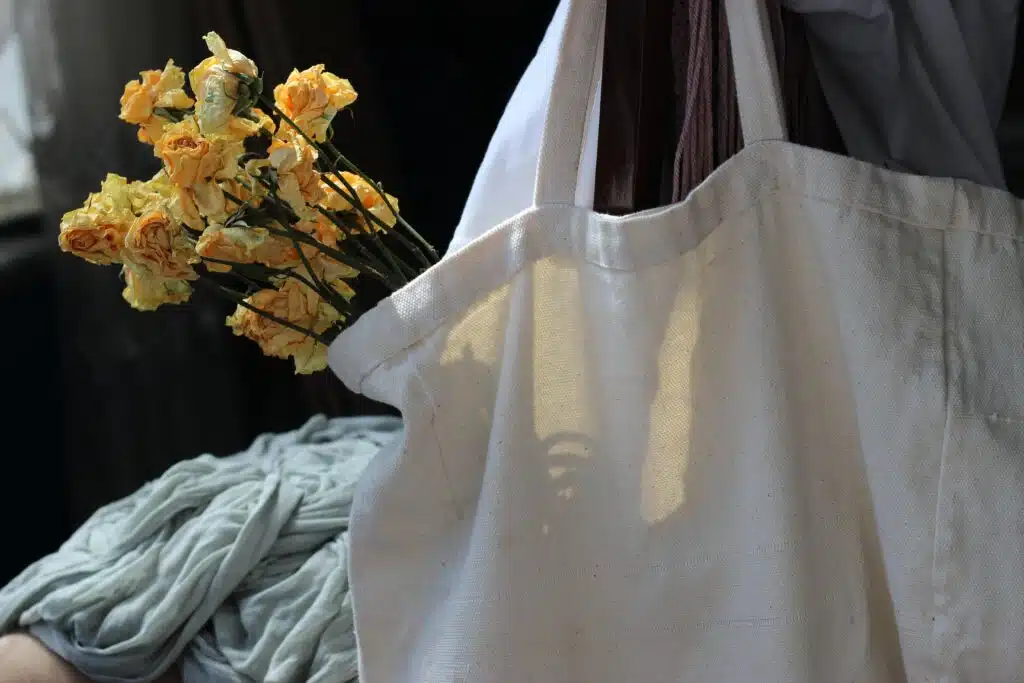
2. Mugs
Mugs are more than just vessels for your morning coffee or tea. They’ve transformed into personal statement pieces, with designs that reflect one’s personality or mood. They serve dual purposes: functionality and decor. With countless designs, colors, and customization options available, mugs have become a go-to gift item and a favorite for collectors. Whether it’s a quirky quote or a cherished photo, the humble mug provides a canvas for expression.
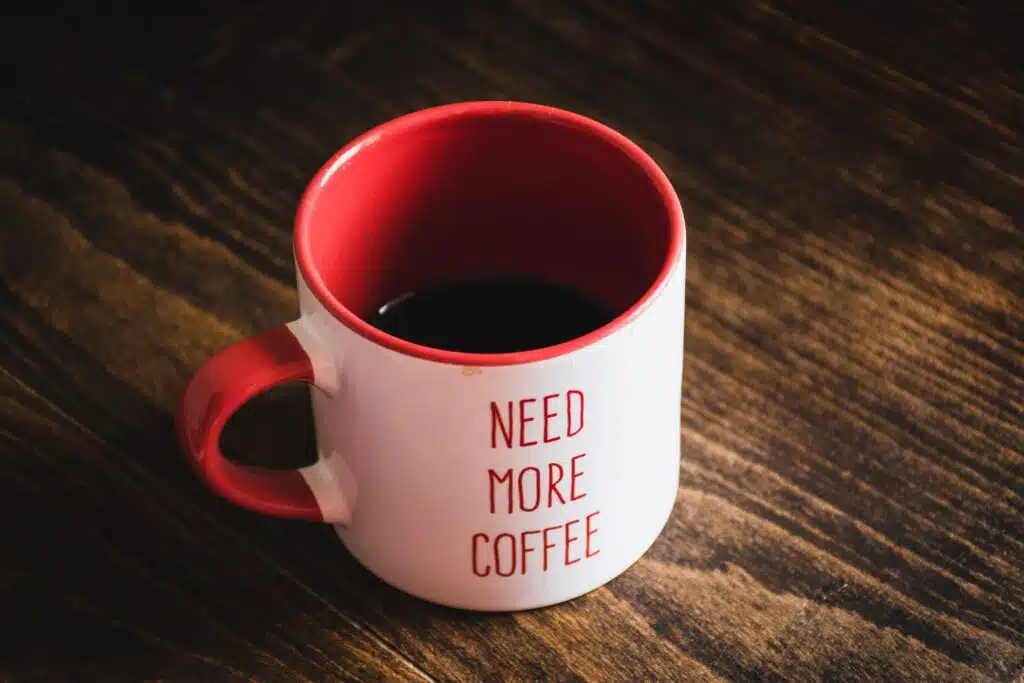
3. Water Bottles
In the age of fitness consciousness and environmental awareness, water bottles have become a staple in daily life. Reusable bottles emphasize the need for hydration while also reducing plastic waste. They come in various styles, materials, and functionalities, from insulated ones that keep beverages cold or hot to those with built-in fruit infusers for a flavored drink. They are not just a utility item but also a lifestyle statement.
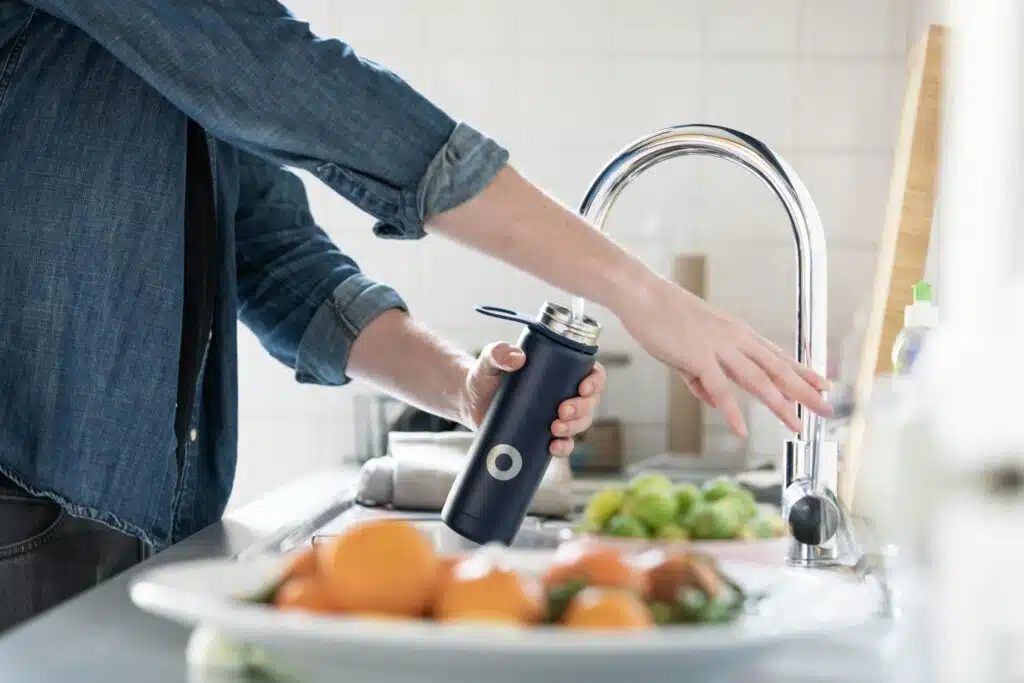
4. LED Lights
Lighting plays a pivotal role in setting the ambiance of any space. LED lights, with their energy efficiency and longevity, have become a popular choice among homeowners and decorators. Their adaptability means they can be used in various settings, from festive decorations to mood lighting in homes. LEDs offer a blend of sustainability and innovation, making spaces brighter and more eco-friendly.

5. Cosmetics
The beauty industry has witnessed an evolution with an expansive range of cosmetics catering to diverse needs and preferences. Cosmetics are not just about enhancing appearance but are also a medium for self-expression. With products tailored for different skin types, tones, and concerns, the cosmetics market offers solutions for everyone, from skincare enthusiasts to makeup aficionados.
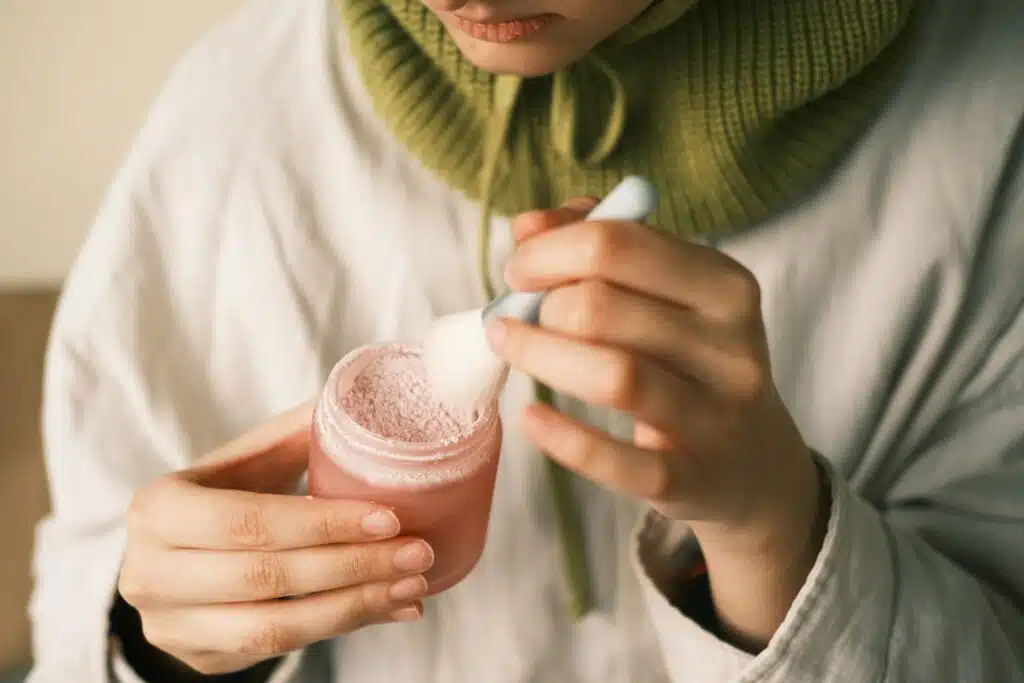
6. Home Décor
Creating a personal sanctuary is what home décor is all about. It’s the art and science of bringing comfort, aesthetics, and functionality into one’s living space. From art pieces that narrate a story to furniture that merges style with utility, home décor is about making a statement. With the increasing emphasis on personal spaces, especially post-pandemic, home décor items have become essential in reflecting one’s identity and style.
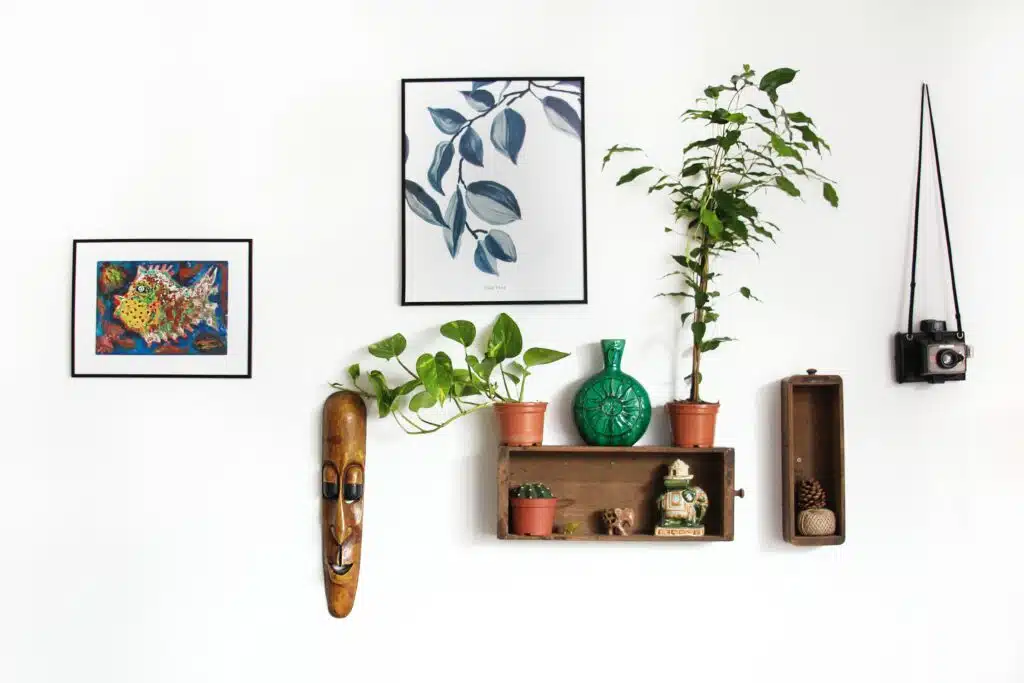
7. Air Humidifiers and Purifiers
With the growing concern for clean air and a healthy living environment, air humidifiers and purifiers have gained significant importance. They ensure the air we breathe is free from pollutants and is of the right humidity, ensuring comfort and well-being. Especially in urban areas or places with extreme climatic conditions, these appliances have become a must-have for maintaining good health and comfort.
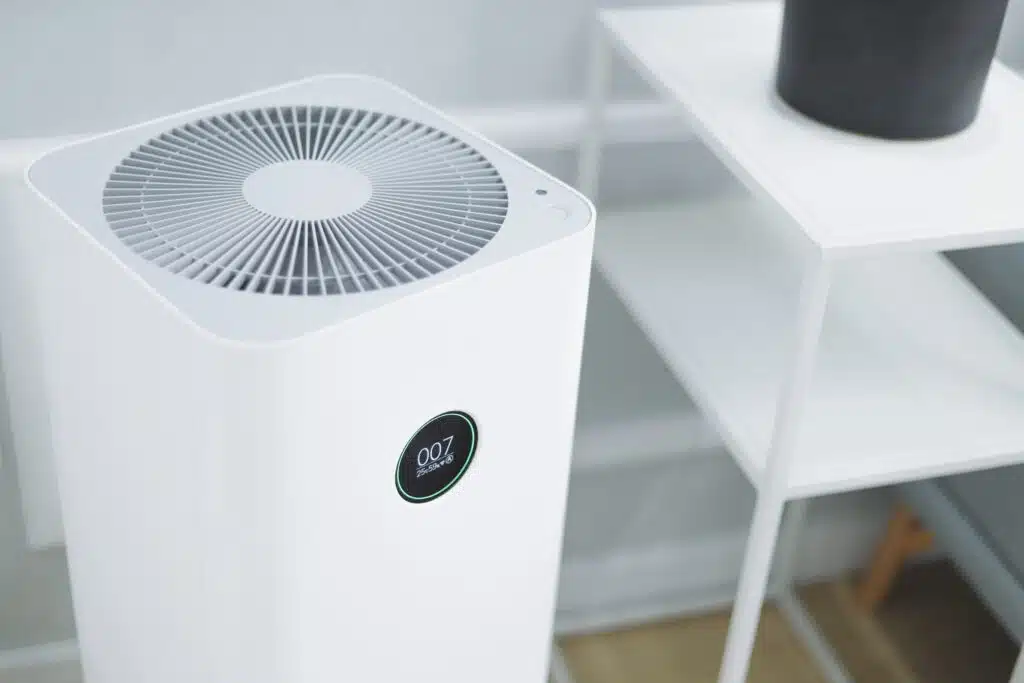
8. Candles
Candles have transcended their primary role of providing light. Today, they are symbolic of relaxation, ambiance, and even spirituality. Scented candles, in particular, offer therapeutic benefits, transforming spaces with their aroma. Whether it’s a romantic dinner, a meditative session, or just a quiet evening, candles create an atmosphere of tranquility and warmth.

9. Coffee
Coffee isn’t just a beverage; it’s a culture. From the morning ritual to coffee breaks, it plays a central role in many people’s lives. Beyond its invigorating aroma and taste, coffee brings people together. It fosters conversations and creates moments. With an array of beans, brew methods, and flavors, the world of coffee caters to every palate and preference.

10. Bath Bombs
Bath time has transformed into a luxury retreat with the introduction of bath bombs. These fizzy, aromatic delights promise relaxation, rejuvenation, and a sensory experience. Infused with essential oils, botanicals, and even therapeutic ingredients, bath bombs turn an ordinary bath into a spa-like indulgence. Their popularity has given rise to a plethora of choices, each promising a unique and invigorating bath experience.

How do I start white labeling?
Starting with white labeling is a systematic process that begins with identifying a market need. Research is pivotal. Understand what products are in demand and which ones align with your business vision. Once you’ve pinpointed a product or a range of products, the next step is to find a reputable manufacturer or supplier who offers white labeling services. Establish a clear communication channel with them to understand product specifics, pricing, minimum order quantities, and customization options.
Often, these manufacturers will have a set model for white labeling, which can include packaging design, branding, and even certain certifications if necessary. Ensure you have a legal agreement in place that defines the terms of your partnership. Finally, once you receive the products, focus on marketing and distribution strategies that highlight your brand and the unique value proposition you offer.
Where can I find white label products?
Finding white label products can be achieved through various channels. Trade shows and industry-specific exhibitions are excellent places to connect with manufacturers offering white label services. Online B2B marketplaces like Alibaba, Global Sources, and ThomasNet can also be treasure troves for finding suppliers.
While these platforms provide a vast array of options, it’s crucial to vet suppliers thoroughly by checking reviews, asking for samples, and even considering on-site visits if possible. Another approach is to join industry-specific forums or networks where businesses often share their experiences and recommendations. Remember, the goal is to find a reliable partner who delivers quality products consistent with your brand’s standards.
Is white labeling profitable?
White labeling can be highly profitable, but it largely depends on the market dynamics, the products chosen, and the strategies implemented. One of the primary advantages of white labeling is the reduced cost and time associated with product development. Instead of investing resources into creating a product from scratch, businesses can introduce a tried-and-tested product to the market under their brand.
This often results in quicker returns on investment. Moreover, with effective marketing and branding, companies can command premium pricing, further enhancing profit margins. However, like any business model, it comes with its challenges. The success in white labeling lies in choosing the right product, ensuring consistent quality, and crafting a compelling brand narrative that resonates with the target audience.